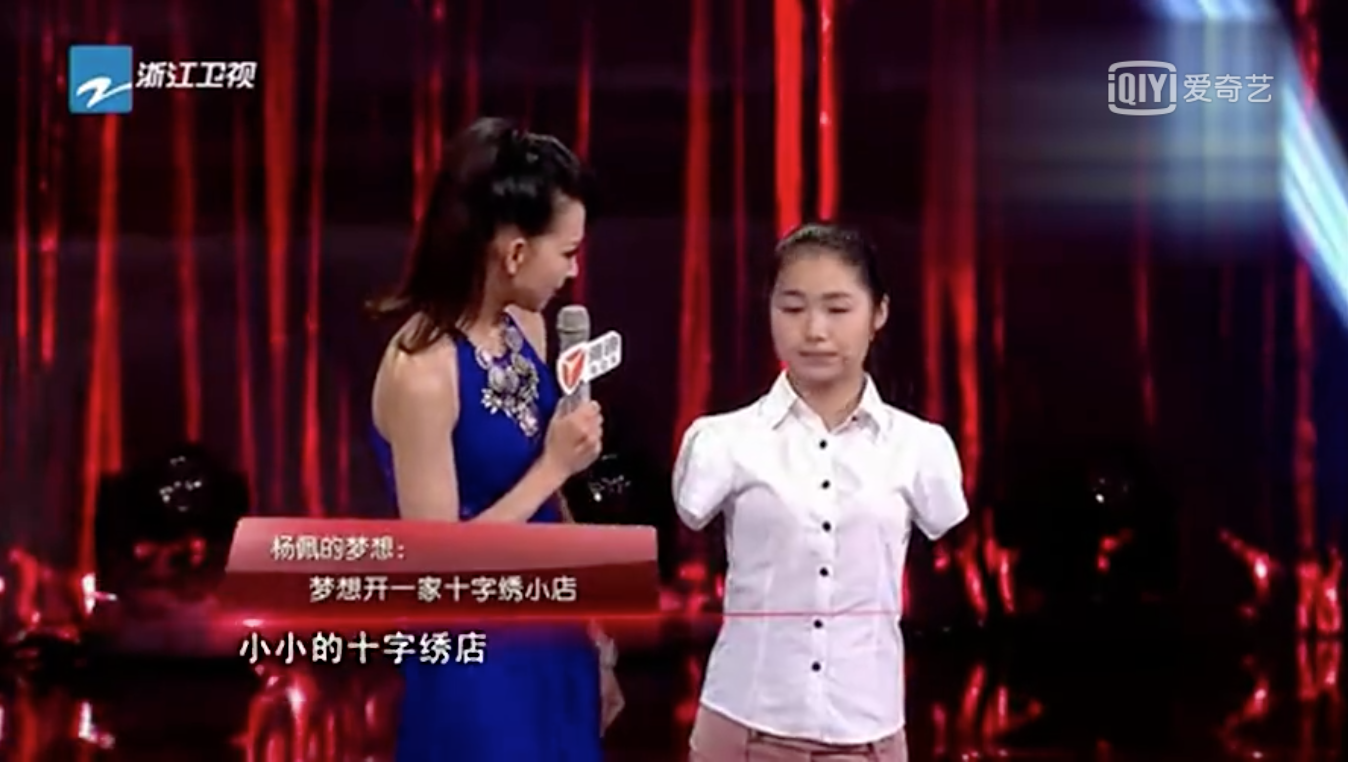When the Chinese Dream Meets Chinese Dream Show: Reconstructing Dream Narratives in the Name of Public Interest Talent Shows

Abstract
This paper primarily explores the manner in which China’s reality talent shows have rearticulated dream narratives surrounding the Chinese Dream political discourse. This has occurred in response to common perceptions of such shows as vulgar or culturally inappropriate, which themselves were a consequence of the post-2005 boom in popularity of Super Girl Voice. My analysis is contextualised within the ideological connotations of the Chinese Dream, and falls into three main sections. The first section investigates the discursive strategy of the Chinese Dream, which can be said to integrate Confucianism and nationalism into the framework of a neoliberal market so as to emphasise the consistency between national and individual dreams, as well as the important and positive aspects of market values in the socialist agenda of public affairs. The second and third parts examine a public interest talent show called Chinese Dream Show. Through a discourse analysis of this talent show, I argue that the show is neoliberal theatre with Chinese characteristics, wherein a discursive formula I call ‘public interest’ employs two intertwined discursive systems – neoliberal rationality and sentimentality – to narrate dream-realising stories that satisfy the needs of both political correctness and market interests.
- talent show,
- television entertainment,
- Chinese dream,
- Chinese Dream Show
